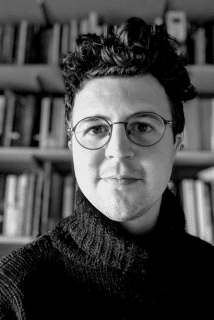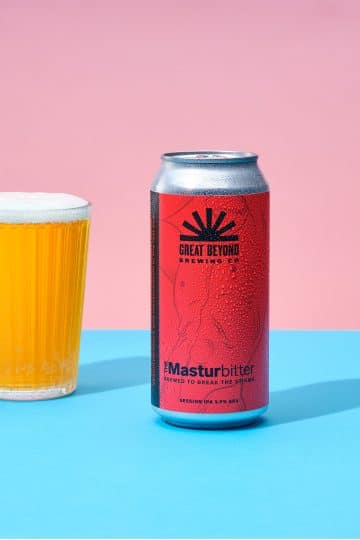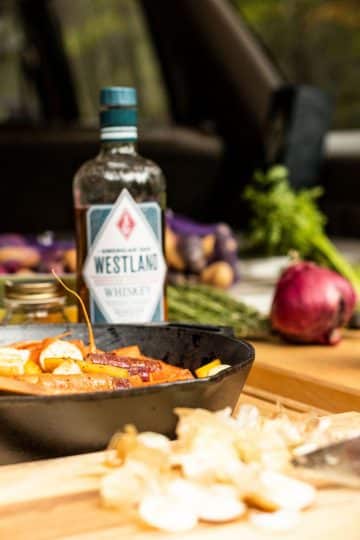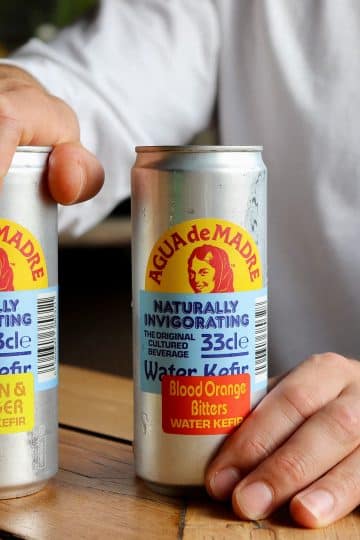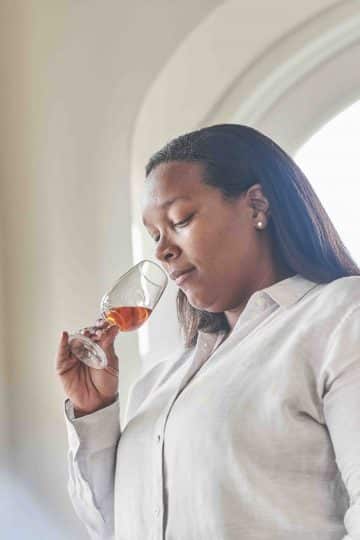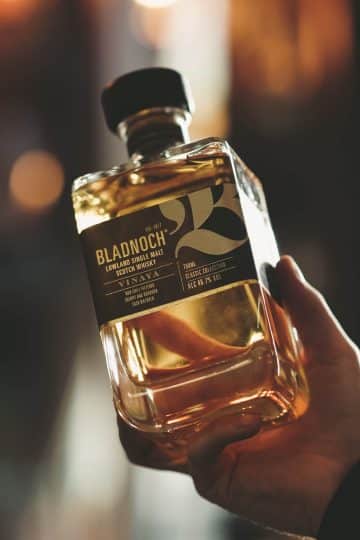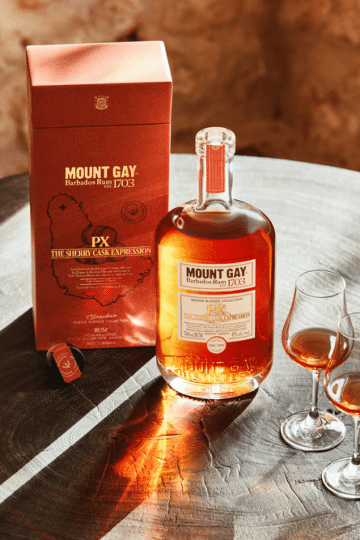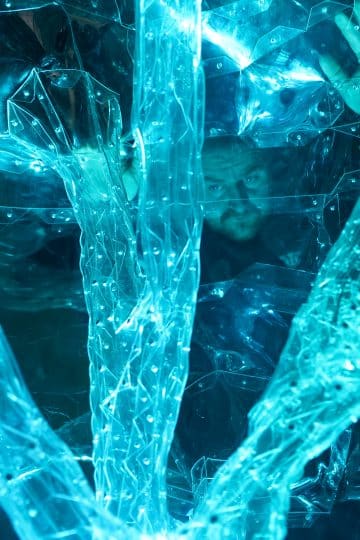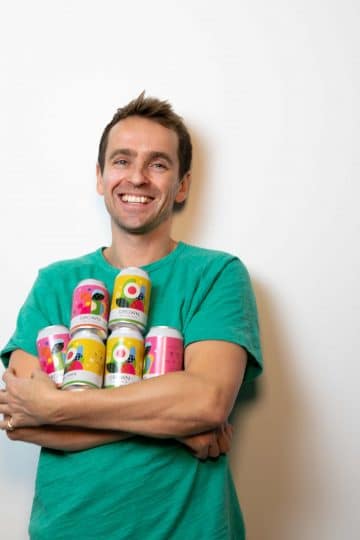Inside the mind of a cellar master
Drink
An interview with Rémy Martin cellar master Baptiste Loiseau explaining the work he does, the magic he feels, and why in Cognac patience really is a virtue.
On BOM’s recent trip to Cognac to visit the house of Rémy Martin we managed to speak to the cellar master of the brand, Baptiste Loiseau, the young (for a cellar master anyway) man trusted with the formidable challenge of keeping a historic cognac making tradition alive – it’s been going since 1724 – while working on innovations to look after the next 300 years of the good stuff.
Here is Baptise on the heritage, the tasting and the magic…
What does you job involve?
As the cellar master of the house of Rémy Martin my mission and biggest responsibility is to maintain the style of the house. To be the one that will create every single product of the range or create new innovations for the house, but always respecting the style that has been transmitted to me by the previous generations of cellar masters. So it means a lot of meetings with the wine growers, it means a lot of tasting – wine tasting and eau-de-vie tasting – and of course managing the stock, making sure all the eau-de-vie we select every year has the potential to be aged longer, and be part of our range for the next decades.
So it’s important to be the one who understands the vintage effects, and how to blend the vintage effects to maintain the consistency year after year.
How do you get to your level?
It’s a question of meeting the right people at the right moment. I started as a wine maker so I studied agrimony and technology but focused on wine, only wine but being from the cognac region, finally I decided to come back to my roots when I was 25, and I had the opportunity when I was 27 to join the house of Rémy Martin, to give advice to the growers, without having the idea that one day I would have the opportunity to become the cellar master.
In fact from the very beginning I joined the tasting team led by Pierrette Trichet the cellar master at that time. And from the very beginning something happened with Pierrette. We understood each other without a word. We could describe eau-de-vie maybe not the same way but she was guiding me with how to describe it with the right terms. She was telling me if you want to improve your skills you have to taste, taste, taste a lot of samples, to understand how to describe them. It’s not something that you can read in books, it’s really something that you have to experience in the tasting room. From the very beginning she was the one that wanted to make my level of knowledge grow, step by step, year after year. So it was really a long training period, of seven years, from the soil to the cask. I had no idea I could be the next cellar master but thanks to this mentorship she made me grow in my skills to become the next one.
Did you have a natural talent for it?
I don’t think so. It’s not a gift. You have to be maybe talented in wine tasting and after you adapt your description and the way you make the tasting to be fair to the style of the house. But it’s really a lot of work. You have to be dedicated to these tasting sessions, you have to be focusing on the description and the quality of the wine and the eau-de-vie. And it’s teamwork. I know that on certain aromas I’m not as sensitive as other people on my team, so that’s why I’m never tasting on my own, I’m always tasting with 4 to 6 people altogether. Because I need them with their sensitivities to guide me in the final decision that I have to make. Of course there is only one cellar master that has to make the final decision, but I need all my team around me to make sure the decision I make will go in the right direction.
How has the role of the cellar master changed through the years?
The mission is still the same, the creation of the product, but what is different now is the fact that all clients want to see the maker, they want to see the man who is behind the brand, who is making the final blend. For me it’s really a pleasure because I have a lot of encounters with the wine growers because I am the one who has to guide them and show them the way to make the quality. But also I can see the other side of the work, because I see also how the clients appreciate our cognac, or what they like and what they dislike. And it’s crucial for me also to go time to time in the markets to really feel what’s going on as the big moves and trends within spirits consumption.
What are the new trends?
For me what I have seen in the last three years, clients want to understand more where it’s coming from. Authenticity and terroir – so here it’s totally in line because we are not making cognac we are making fine champagne cognac, explaining how we are working with growers etc etc, so we are totally in line with what they are expecting. And the second thing also is they want us to be working totally in transparency. That is, they want to understand what kind of grapes we are growing, how we make the ageing, what kind of cask we use, if we use other kind of eau-de-vie to make the blends, etc etc. So for me it’s much more interesting in the moment of sharing with these people because its not only relying on the final product, it’s also on the making. So I can really highlight my team as experts in all their domains, because it’s completely meeting clients’ needs.
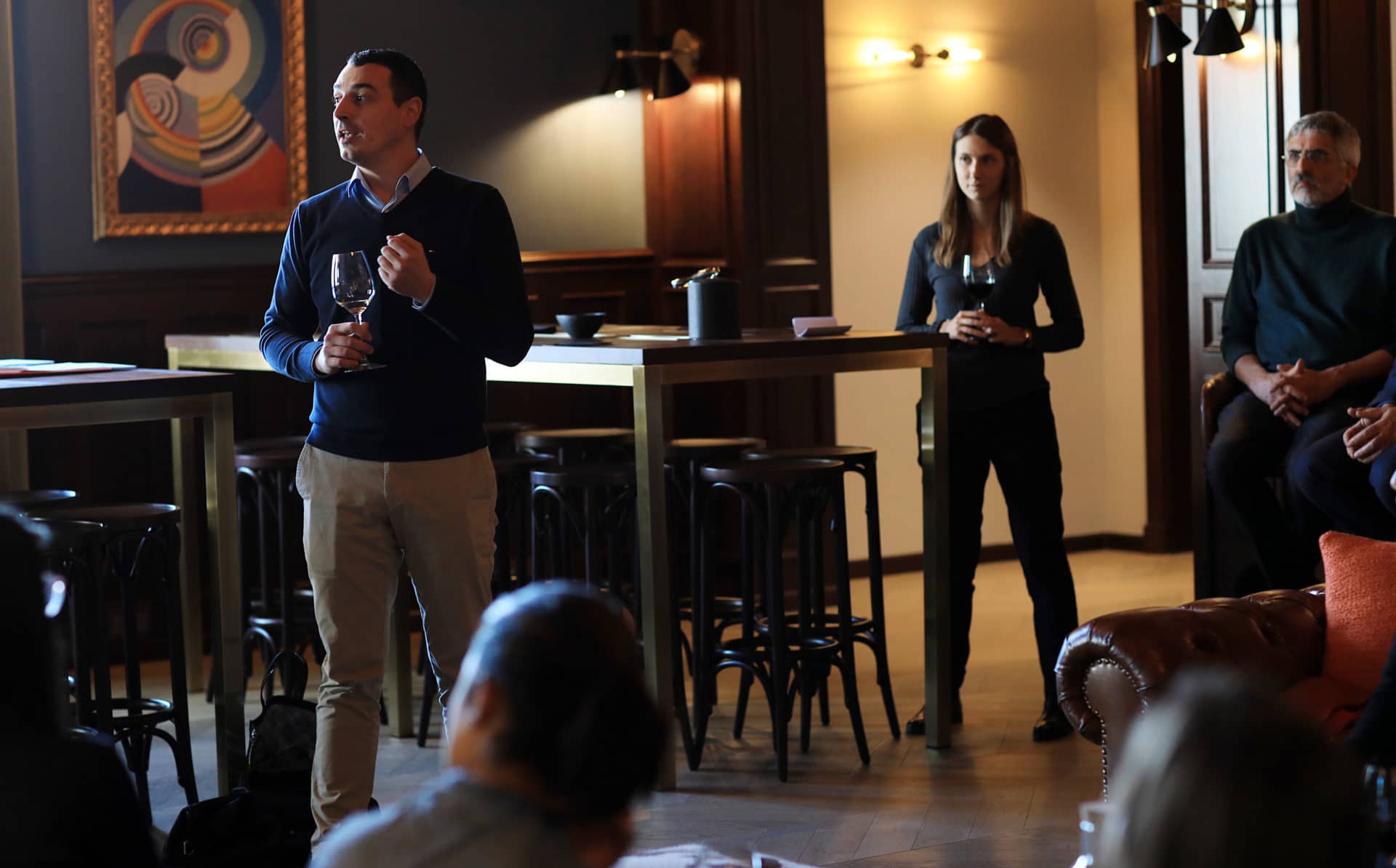
Your relationship with time seems different here, you’re playing a long game in the digital age when we want gratification now…
Yeah it’s totally different. One of the sentences Pierrette would say to the younger generation that was always on Twitter or Facebook, and she would say, “OK, everything is going so fast now, but I’m sure of one thing: in more than 100 years Louis XIII will still be there, but Facebook, Twitter will have been replaced by something different.” Louis XIII is Louis XIII, Rémy Martin is Rémy Martin, and we have to keep this tradition going. Time is key in the making and for all the growers they are preparing something for the next generation. When you decide to plant a new vineyard it’s for at least 40 years, it’s for the next generation.
What was it like growing up in Cognac?
Being a teenager in Cognac was not so easy because it’s a small town. Most of the people know each other, most of the people living in Cognac are involved in the cognac making, which was not my case when I was a kid because I was not from a family who made it. When you’re a teenager you just want to explore new things, going into bigger cities, and it really was necessary to open my mind, and see that there are other spirits that are really amazing, and there are other wines other than Bordeaux that are amazing. You have to be nourished by what you see overseas. So when I came back to my roots it helped me to have some ideas on how to innovate with wine making distillation before giving advice to the growers.
And the city itself has changed too, with places like the Hotel Chais Monnet, and you really see a town which has turned to the outside, and now we really want it to shine worldwide. And that for me is the real big difference. The younger generation are also coming, bars with mixologists who want to invest in the Cognac town, not only in Paris and London.
Have you become better at the job as you’ve gone on?
Perhaps not better but I’m making the choices faster and more easily, because of course I’m gaining in experience on the final decision. But I’m still full of doubts. And for me it’s crucial to be full of doubts before you make the final decision, because you have always to wonder if you are going to take the right decision for the blend but also for the next generation. Because when you use these eau-de-vie of course you are happy to use them but you know you won’t then have them for the next vintage or for the next generation. So the decision we make will have an impact on the quality of the blend, but on the quality of the next blends to come too. But yeah I’m much more serene and confident because I have been in this position for almost five years and I’m gaining more and more experience. But every time I have to make the decision on the final blend I measure the responsibility of it, and I think I have to keep that until I will retire because it’s something that is the proof of the passion. Doubt, anxiety, feelings and at the end when you have the intuition that the decision you are making is the right one, but still have the slight doubt before I make the final decision, is a thrilling part of the job. You need a sparkle to make the day different from the previous one.
What is the particular magic of Remy Martin?
For me the magic of Rémy Martin is that fact we are authentic, we are true to our roots and we are true to what was founded in 1724. The links with the vineyards, the grande and petite champagne, and it takes time. So no rush but with time we know we will have the perfect fine champagne in the end. That’s the magical part, there is magic in the cellar and at the end…I can be seen as magician, but I’m not the only one. Magic is everywhere in Cognac.
Thanks to Baptiste and the Rémy Martin team.
Trending

Join The Book of Man
Sign up to our daily newsletters to join the frontline of the revolution in masculinity.







